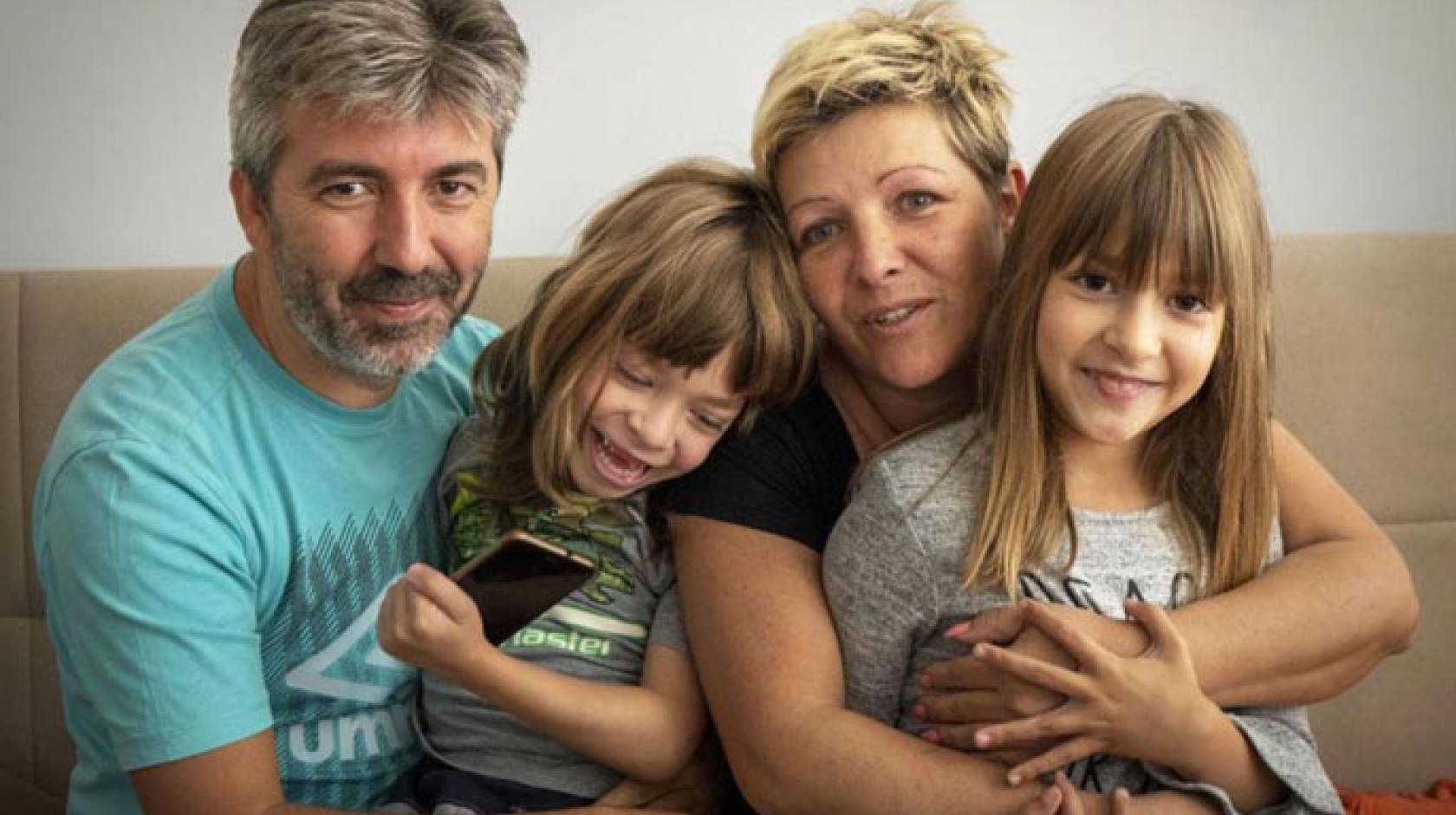Dorsey Griffith, UC Davis

Mothers and fathers and their young children crowded into an old, government-run children’s hospital in Belgrade, Serbia, colorful, cartoonish drawings covering its hallway walls. Parents struggled to soothe their anxious, wriggly boys and girls. But they were patient, polite. It was, after all, a day unlike any other. A day for hope.
Doctors and scientists — experts in the rare and severely disabling fragile X syndrome — had arrived from the United States, including six from the UC Davis MIND Institute. They came to offer the families useful information and maybe open doors to desperately needed help in a region of the world that, until fairly recently, hardly recognized fragile X syndrome, let alone knew how to diagnose or treat it.
Credit: UC Davis
The visit was part of a two-day educational conference organized by Dragana Protic, a Serbian medical doctor and scientist. Protic’s training in neurodevelopmental disabilities at the MIND Institute under the guidance of Randi Hagerman, inspired her to improve the course of diagnosis, treatment and support for families affected by fragile X in Eastern Europe.
“The MIND Institute changed my professional life,” said Protic. “It was important for me and for all of my country and the region because I came back and translated all my knowledge from the U.S. to Serbia.”
Held in a historic hotel in Belgrade’s city center, the meeting drew neurologists, pediatricians, genetic counselors, speech pathologists, psychologists and families from Eastern Europe and beyond. Protic said her goal was “to increase knowledge of fragile X and to introduce this important field to our medical professionals and increase testing of fragile X.”
To read the full story, please visit the UC Davis article: ‘Spreading healing and hope.’

